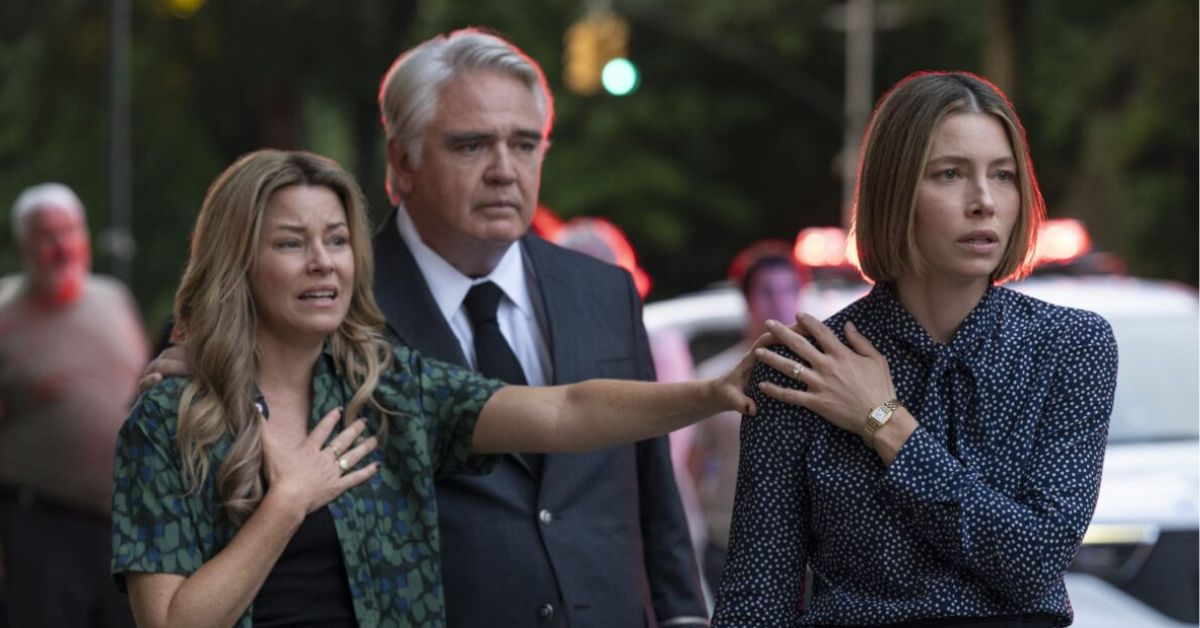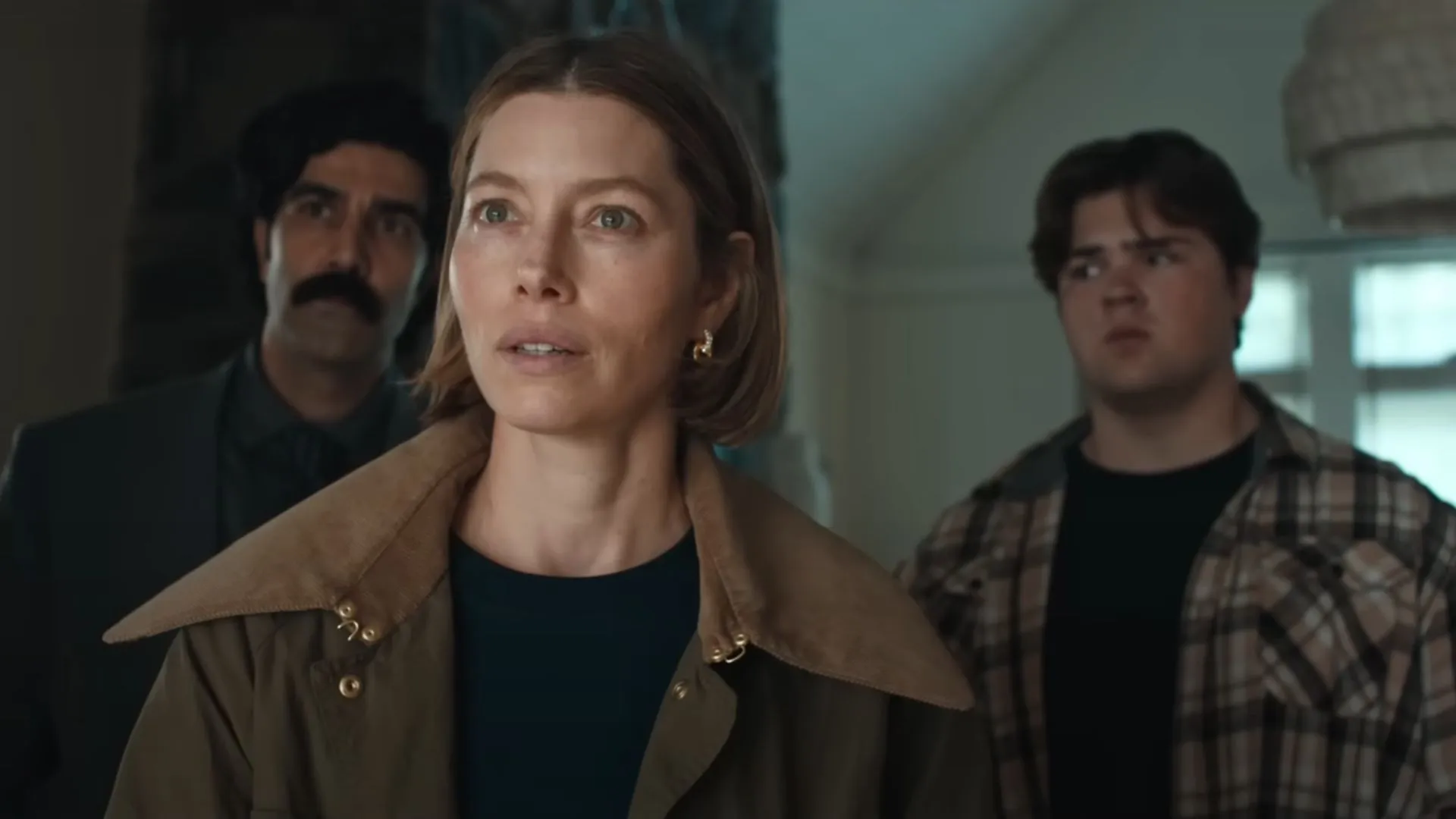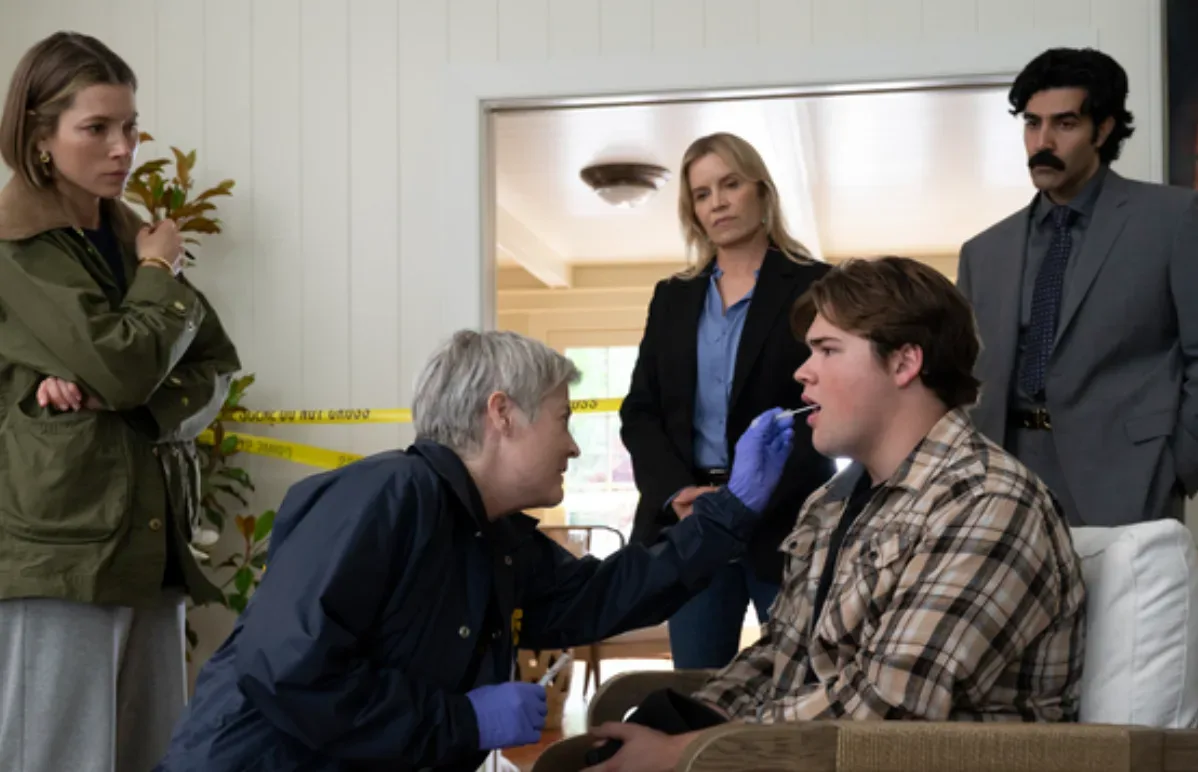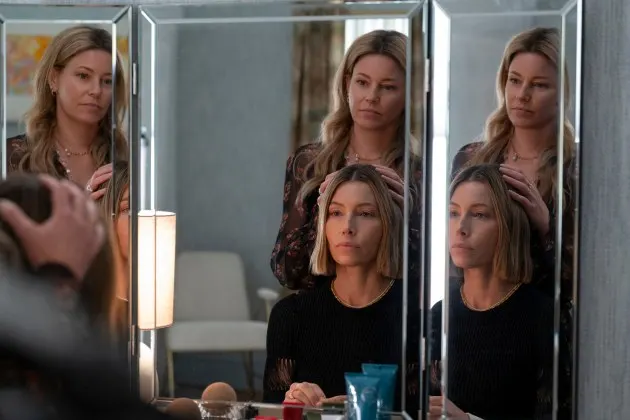Caregivers in Context: ‘The Better Sister’ and the Ties That Bind
Caregivers in Context: ‘The Better Sister’ and the Ties That Bind

By Jodi Koehn-Pike
Content Development Manager, Caregiver Action Network
Amazon Prime’s The Better Sister is a gripping psychological drama that weaves together the lives of two estranged sisters, Chloe and Nicki—played by Jessica Biel and Elizabeth Banks—following the murder of Chloe’s husband, Adam. While the story begins as a mystery, it quickly evolves into a nuanced exploration of family, identity, and the often invisible work of caregiving that holds fractured lives together.

Without giving away spoilers, The Better Sister, based on the book by Alafair Burke, takes viewers on an emotional journey through the complexities of sibling dynamics, co-parenting, and recovery. At its heart, the series tells a story of caregiving—both the traditional and the unexpected kind. As Chloe and Nicki
navigate the aftermath of trauma, long-held resentments, and a shared responsibility for Chloe’s teenage stepson, Ethan, they become unlikely caregivers to one another.
The Many Faces of Caregiving in The Better Sister
Caregiving often doesn’t come in a neat package. In The Better Sister, it’s wrapped in old wounds, broken trust, and unresolved pain. Nicki, recovering from alcoholism, has long been shut out of her son Ethan’s life due to decisions made by Chloe and Adam. But as circumstances change, so do the roles everyone is forced to play.
Nicki’s battle with addiction is portrayed with raw honesty, showing how substance use disorders can alienate family members and complicate parenting roles. Chloe, outwardly put-together and successful, struggles to balance control, protection, and love—especially when it comes to guarding Ethan from potential harm. Yet, Ethan himself looks to both women for support in different ways.
Their story powerfully illustrates what many caregivers know all too well: caregiving is often a reciprocal act. Chloe and Nicki may have clashed in the past, but in times of crisis, they find themselves showing up for one another—sometimes reluctantly, often imperfectly, but always in a way that reveals the depth of their familial bond.
Communication: The Caregiver’s Lifeline
 One of the major themes in The Better Sister is the tension caused by unspoken truths and assumptions. In families touched by addiction, mental illness, or trauma, communication can become distorted or even nonexistent. This is why Caregiver Action Network emphasizes healthy, honest communication in all caregiving relationships.
One of the major themes in The Better Sister is the tension caused by unspoken truths and assumptions. In families touched by addiction, mental illness, or trauma, communication can become distorted or even nonexistent. This is why Caregiver Action Network emphasizes healthy, honest communication in all caregiving relationships.
Through CAN’s Family Caregiver Toolbox, caregivers can find resources that help develop clear communication strategies, such as:
- Practicing active listening: Ensuring the care recipient feels heard and validated.
- Setting healthy boundaries: Especially crucial when past trauma is involved.
- Navigating difficult conversations: Including how to talk about relapse, past behaviors, or the impact of mental health.
These tools are especially vital when caregivers are supporting someone with whom they’ve had a conflicted relationship—something Chloe and Nicki know all too well.
When the Caregiver Has Been Hurt
One of the hardest and most overlooked caregiving scenarios is when someone must care for a loved one who has hurt them. Whether through addiction, abuse, neglect, or manipulation, the emotional toll can be overwhelming. In The Better Sister, Chloe’s discomfort with Nicki’s reentry into Ethan’s life is rooted not just in fear for her son, but also in years of unresolved betrayal and disappointment.
CAN recognizes this painful reality and offers support resources for family caregivers. For those coping with loved ones struggling with addiction and mental health issues, the FAM Network (Family Addiction & Mental Health Network) is a valuable partner resource that provides community, education, and support.
Topics caregivers may face in these situations include:
- Managing caregiver guilt and resentment
- Prioritizing safety while maintaining compassion
- Supporting a child or teen caught in the middle
- Dealing with relapses or mental health crises
These are complex issues that don’t have easy answers, but help is available.
Realistic Caregiving in Fiction—and Life
 The Better Sister doesn’t shy away from showing how caregiving responsibilities can emerge unexpectedly. It challenges the idea that caregiving always comes from a place of peace or unconditional love. Sometimes, it comes from duty. Sometimes, from guilt. But often, it emerges from a deep need to protect our most vulnerable—especially when it comes to children like Ethan, who sit at the heart of the storm.
The Better Sister doesn’t shy away from showing how caregiving responsibilities can emerge unexpectedly. It challenges the idea that caregiving always comes from a place of peace or unconditional love. Sometimes, it comes from duty. Sometimes, from guilt. But often, it emerges from a deep need to protect our most vulnerable—especially when it comes to children like Ethan, who sit at the heart of the storm.
If you are a caregiver navigating complex family relationships, know that you are not alone. Whether you are supporting a sibling in recovery, co-parenting after loss, or facing your own emotional wounds while caring for someone else, Caregiver Action Network is here to walk with you.
Explore More Resources:
- Family Caregiver Toolbox – Practical tips for communication, boundaries, and navigating crisis.
- FAM Network – Support and resources for families coping with addiction and mental illness.
- 10 Tips for Family Caregivers – A foundational guide for navigating caregiving challenges.
- Managing Emotions While Caregiving – Especially helpful when caring for someone with whom you have a difficult history.
Whether you’re watching The Better Sister or living your own caregiving story, remember: caregiving is rarely simple, but it is deeply human. And there is support available—for every kind of caregiver, in every kind of context.



